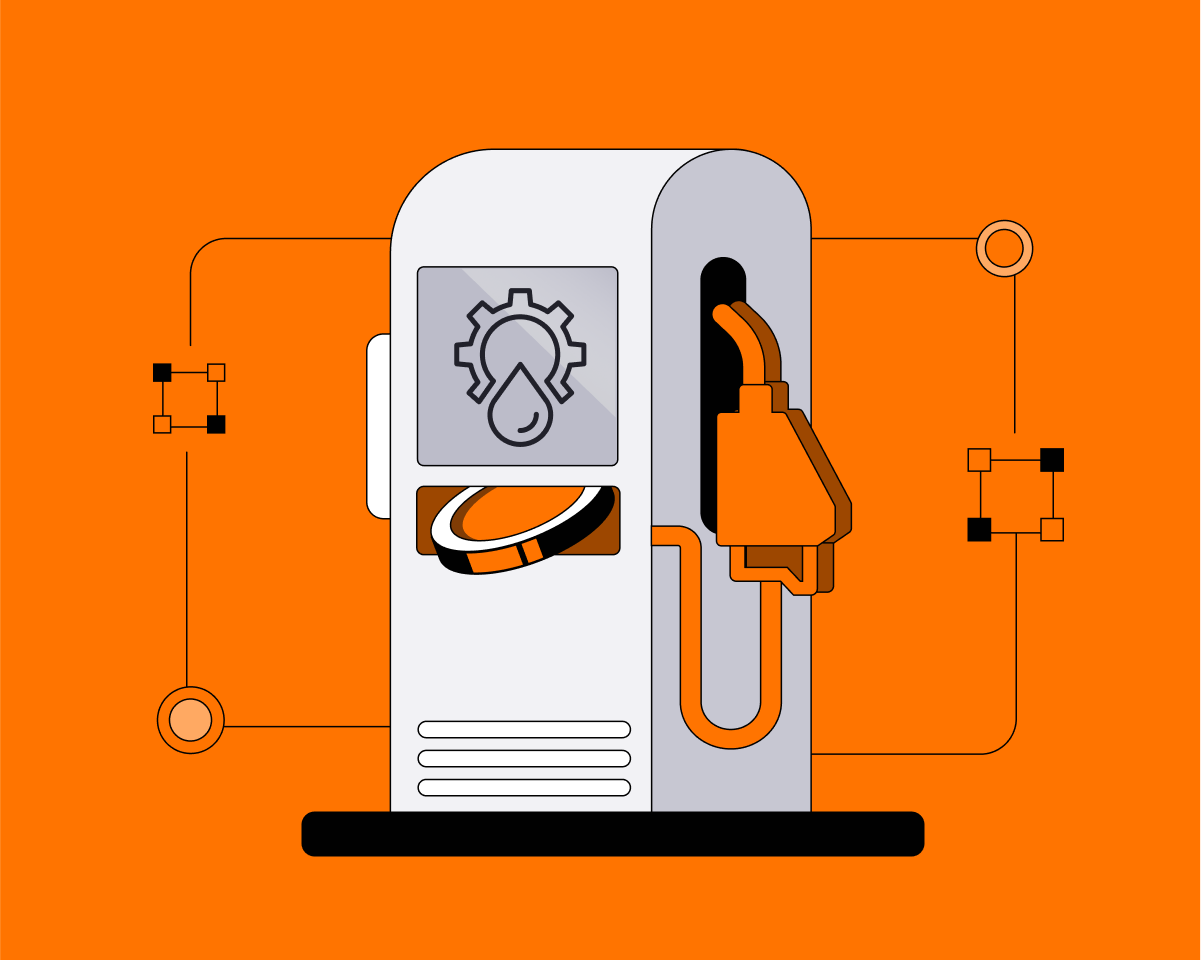Introduction
In the world of decentralized finance (DeFi), governance tokens have emerged as a fundamental element, granting users the power to shape and influence the future of their favorite projects. These tokens play a pivotal role in decentralized governance systems, enabling token holders to participate in decision-making processes, vote on proposals, and guide the direction of a project. In this article, we will delve into the concept of governance tokens, explore their significance, and shed light on their potential impact on the cryptocurrency ecosystem.
What are Governance Tokens?
Governance tokens are a type of cryptocurrency token that grants their holders voting rights and influence within a decentralized autonomous organization (DAO) or other decentralized governance systems. These tokens represent ownership and participation rights, allowing holders to contribute to the decision-making process and shape the future of the project or protocol.
Governance tokens typically reside on blockchain platforms such as Ethereum, Binance Smart Chain, or other decentralized networks. They are distributed to users either through token sales, airdrops, or liquidity mining programs. Once acquired, holders can use their tokens to vote on proposals, submit suggestions, and voice their opinions regarding changes, upgrades, or other governance-related matters.
Significance of Governance Tokens:
Decision-making Power: Governance tokens grant holders the ability to vote on proposals, including protocol upgrades, changes to token economics, and project direction. This democratic approach allows the community to influence decisions and ensures a fair representation of interests.
Community Empowerment: Governance tokens foster a sense of community ownership and engagement. Token holders are encouraged to actively participate, contributing their expertise and perspectives to shape the project's trajectory.
Alignment of Incentives: Governance tokens align the interests of token holders with the success of the project. Holders have a vested interest in making decisions that positively impact the project's value, as their token holdings are directly affected by the project's performance.
Decentralization and Autonomy: Governance tokens enable decentralized decision-making, reducing reliance on centralized entities. This promotes a fairer and more transparent governance model where decisions are made collectively by the token holders.
Network Effect: By granting voting rights, governance tokens attract more users to participate in the ecosystem. As the community grows, the network effect strengthens, leading to a more vibrant and diverse governance system.
Examples of Governance Tokens:
Several projects have successfully implemented governance tokens within their ecosystems. Some notable examples include:
MakerDAO (MKR): As the governance token of the MakerDAO protocol, MKR holders participate in voting on key decisions related to the stability and parameters of the decentralized stablecoin, DAI.
Compound (COMP): COMP token holders have the power to vote on proposals for changes to the Compound protocol, including adding or removing supported assets and modifying interest rates.
Uniswap (UNI): UNI token holders can vote on proposals that shape the future development and direction of the Uniswap decentralized exchange, one of the largest decentralized trading platforms.
Conclusion
Governance tokens have emerged as an integral component of decentralized finance, empowering communities to participate in decision-making processes and shape the future of projects. These tokens enable a more democratic and inclusive governance model, ensuring the alignment of interests between the project and its community. As the cryptocurrency ecosystem continues to evolve, governance tokens are expected to play a crucial role in promoting decentralization, transparency, and community engagement.


